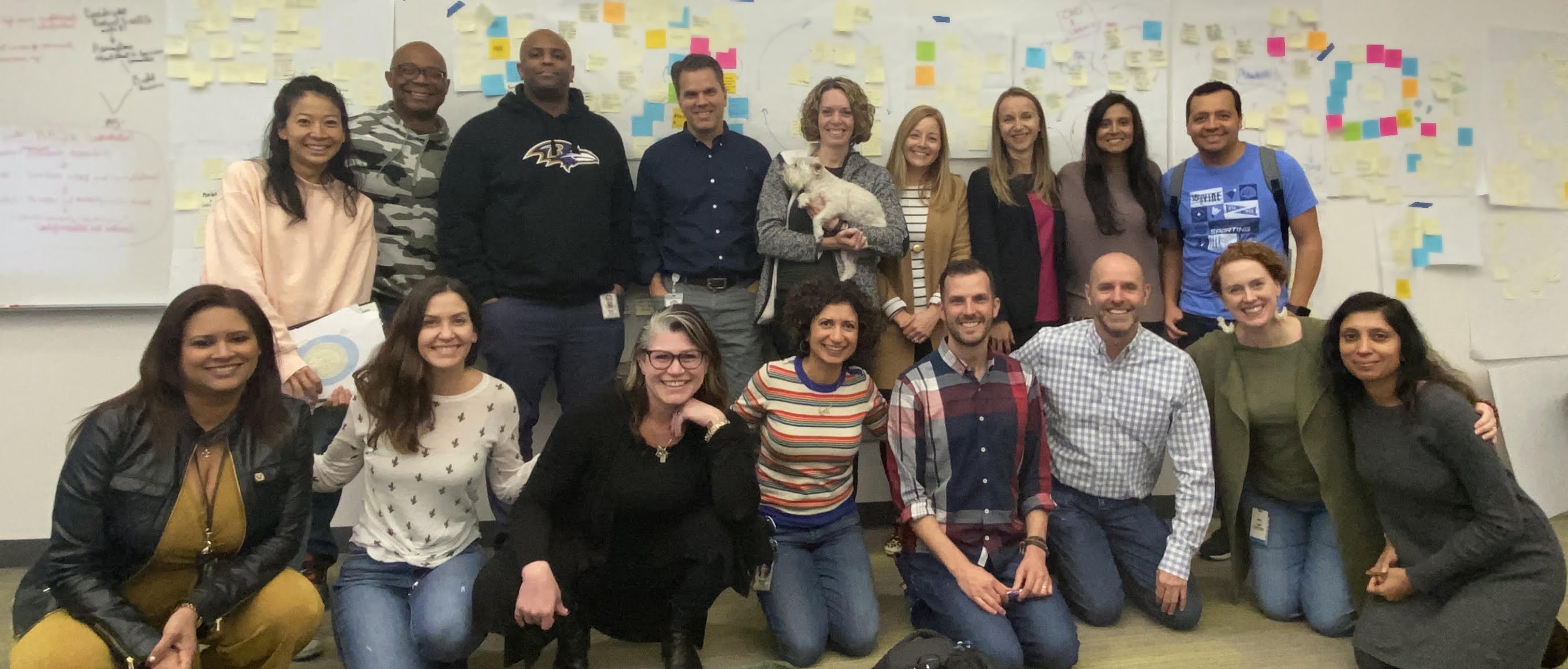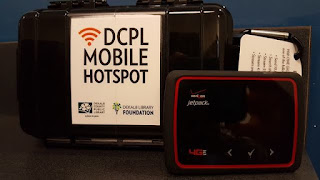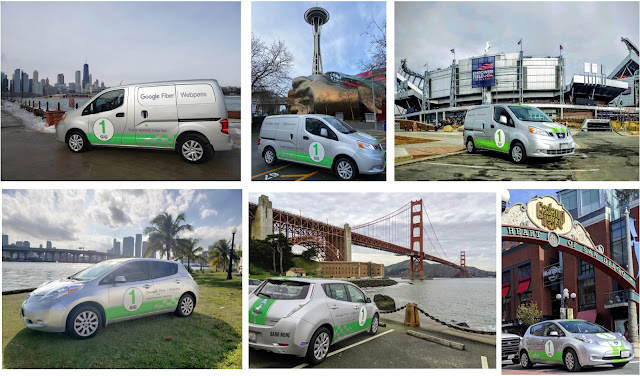A staggering 15 to 16 million students (30%) lack the internet or computer devices they need to access the education they deserve. 300,000 to 400,000 teachers (10%) can’t teach because they lack internet at home. Black, Latinx, and Indigenous/Native American households lack access at disproportionately higher rates, exacerbating long-standing inequities in education.
Google Fiber exists to help bring reliable internet to more people in communities across the country. Our team of Government and Community Affairs Managers exists to help advance digital access for the most underserved residents, who are disproportionately Black and Brown, in our communities. Since our earliest days, digital inclusion has been one of our central pillars, and we’ve now added a financial sponsorship program to support our partners doing racial justice work in Google Fiber and Google Fiber Webpass cities.
In our community partnerships, we think about all aspects of digital inclusion. For example, in our longtime partnership with the Housing Authority of the City of Austin (HACA), Google Fiber provides free in-home gigabit internet access to hundreds of public housing residents. Beyond that, and thanks to the leadership of HACA, the City of Austin, and Austin Community College, residents have access to digital literacy training, computer devices and tech support.
Across all of our Google Fiber cities, we have learned from challenges, invested in the digital equity ecosystem, and amplified the work of community organizations to help get our neighbors trained and connected. We are proud of this enduring work and the partnerships we have formed along the way.
But it isn’t enough. As we collectively face the intertwined impacts of the COVID-19 pandemic and generations of systemic racism, we know we have much more to do.
The Black Lives Matter movement rightfully calls for more from companies that have the opportunity to change systems and influence their industries. Google made a commitment to improving racial equity both internally and externally. Google Fiber is aligning with that by committing resources to racial justice organizations like the Southern Center for Human Rights, Workers Center for Racial Justice, and Austin Justice Coalition across our Google Fiber and Webpass cities. As with our ongoing digital inclusion work, we’re working with local organizations with deep ties to their communities. The Google Fiber funds will support their racial justice work.
We also know we have work to do internally to live up to our values. In 2019, we adopted a commitment to equity, inclusion, and diversity (EID) as one of our company’s core values. We knew we wouldn’t be able to fulfill our mission, succeed as a business or sufficiently champion our customers without it. Over a year ago, we convened a task force of cross-functional leaders to begin an internal systemic change process aimed at more deeply integrating EID into every aspect of our business — from our product offerings to our customer service approach to our internal HR systems. Systems change work is a long game, and it takes shared, accountable leadership.
While we want to move quickly, we also need to embed EID, brick by brick, within all aspects of our business and across all of our team leaders for our values to be realized. We are seeing progress in learning and engagement from people across our organization — and we are both daunted and heartened by the steps we have mapped out ahead.

Caption: Cross-functional group of leaders at November 2019 systems meeting (Not pictured: La'Naeschia O'Rear, Jenn Chang)
These internal and external efforts are only part of a longer journey. Over the next few weeks, we’ll be featuring some of our local partners on this blog to highlight their work to bring racial justice and equity to their communities. And as we continue to advance digital inclusion and better connect communities, you can expect Google Fiber to be persistent in our pursuit of racial equity, within our workforce and in the way we do business in each of the cities we serve.

Posted by Parisa Fatehi-Weeks, Head of Equity, Inclusion, and Community Impact








